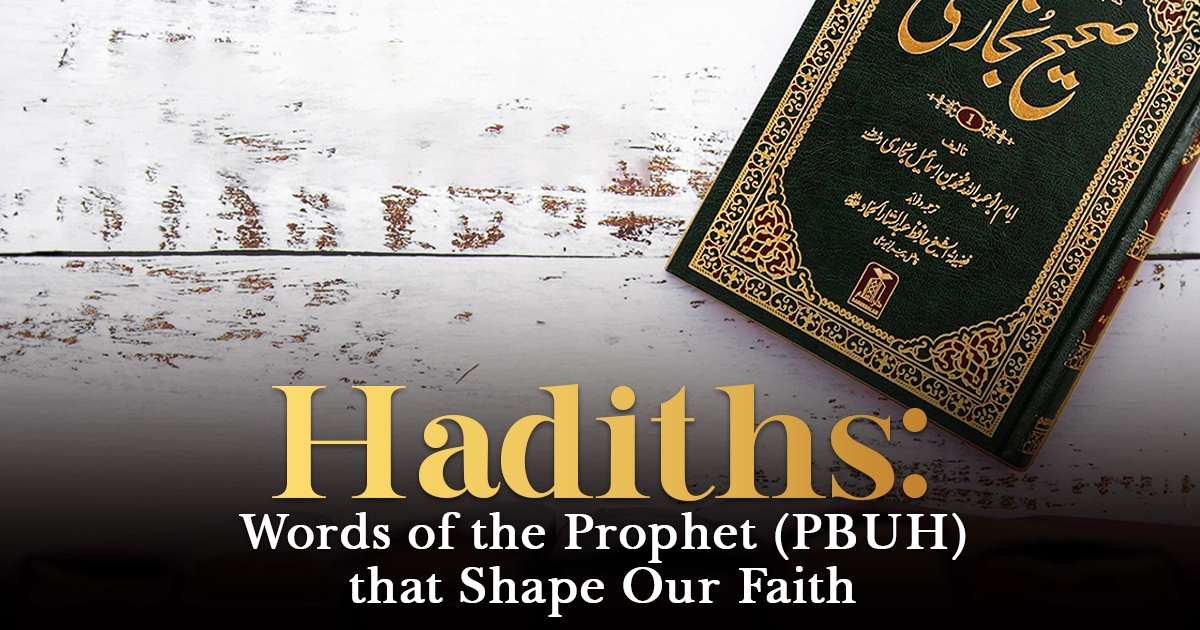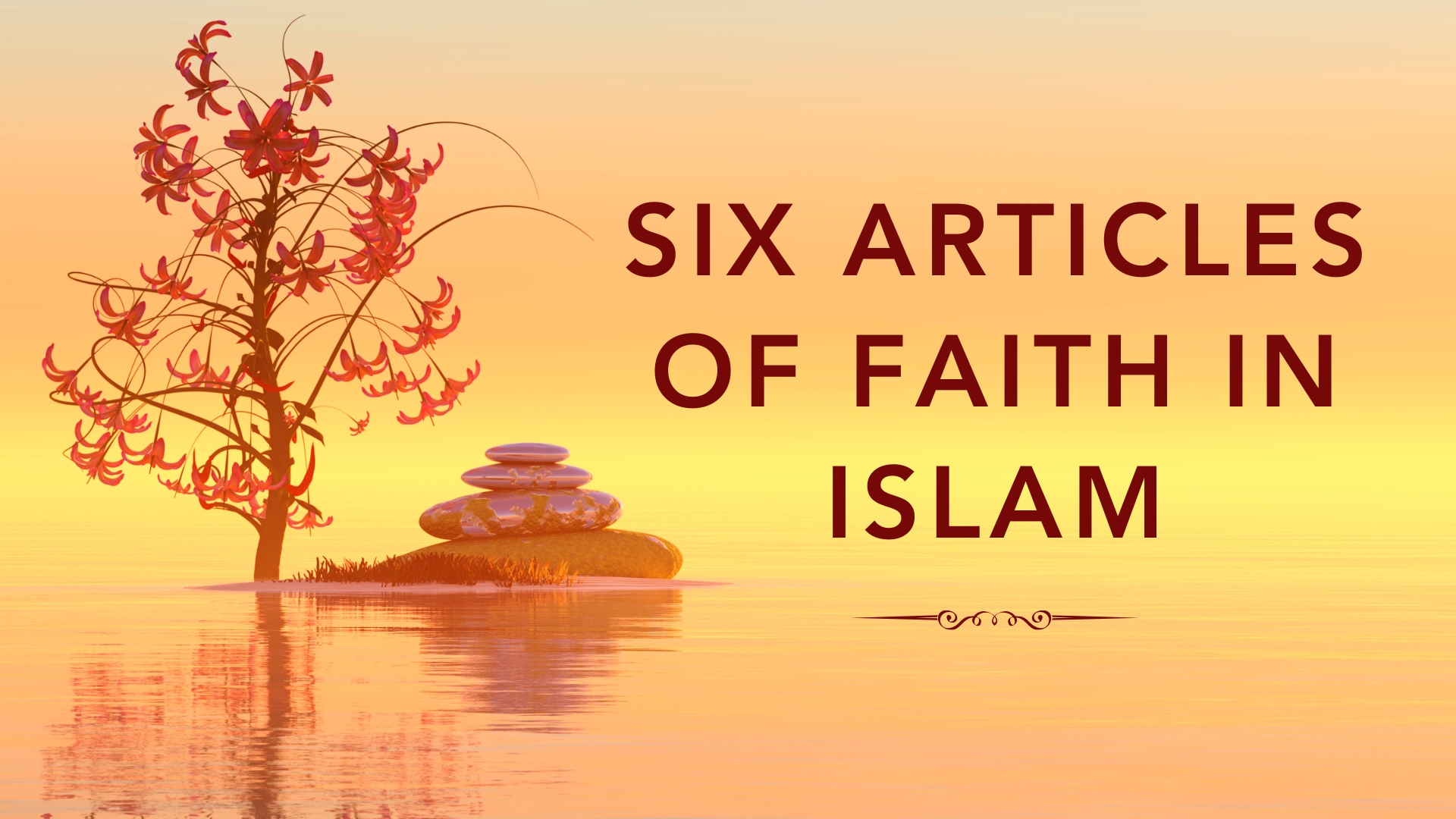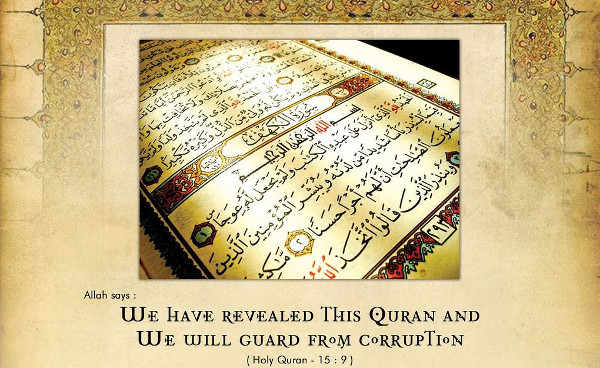
A Scholarly Examination Through the Lens of Islamic and Biblical Theology
For centuries, Christians have claimed that the four canonical Gospels— Matthew, Mark, Luke, and John — are eyewitness testimonies written by the original disciples of Jesus. However, modern biblical scholarship, Christian and secular alike, overwhelmingly rejects this claim. This article draws on the work of top New Testament scholars, including practicing Christians, to examine the authorship of the Gospels and how this supports the Islamic position that:
- Jesus never preached Christianity
- The original message of Jesus was altered
- Only a divinely preserved revelation (the Qur’ān) can be authoritative
Let us begin with the core question – Were the Gospel Authors Eyewitnesses?
Leading Bible Scholars Say: NO
The academic consensus—across Protestant, Catholic, and secular institutions—is clear: the Gospels were not written by Matthew, Mark, Luke, or John.
Bart D. Ehrman (University of North Carolina, former Christian)>“The Gospels are not eyewitness accounts; the authors were anonymous Christians writing decades later. ” This means the authors were not present with Jesus.
Raymond E. Brown (Catholic priest, one of the most respected Christian scholars of the 20th century)> “Modern scholarship does not hold that the Gospels were written by eyewitnesses.” If even Catholic scholarship denies direct apostleship, the traditional claim collapses.
E.P. Sanders (Oxford & Duke University)> “The Gospels are anonymous, not written by those who knew Jesus personally.” This confirms that names like “Matthew” and “John” were attached long after the texts were written.
John Dominic Crossan (Jesus Seminar co-founder)>“The Gospels are second-generation narratives, not firsthand memories.” Meaning: stories passed down orally, then written by unknown Christians.
The Gospels Were Originally Anonymously Written
The earliest manuscripts of the Gospels had no names. Titles such as “According to Matthew” and “According to John” were added in the 2nd century to give authority to texts whose authors were unknown. Even Christian scholars admit this. Raymond Brown notes that all the Gospels were:> “Originally anonymous documents.” This means the names were not part of the supposed divine revelation—they were marketing labels used by early church leaders.
None of the Gospel Writers Claim to Be Eyewitnesses
Not a single Gospel declares:“I, Matthew, wrote this…” “I was present with Jesus…” “I am an eyewitness of the events…” Instead, Luke explicitly admits he is NOT an eyewitness:> “Many have undertaken to compile a narrative… just as they were delivered to us by those who from the beginning were eyewitnesses.”(Luke 1:1–2) Luke tells you directly: he received stories from other people decades after Jesus. This is not revelation. It is human compilation.
When Were the Gospels Written?
Decades After Jesus—Not During His Life. Even conservative scholars accept this timeline:
- Mark: c. 70 CE (40 years after Jesus)
- Matthew: 80–90 CE (50-60 years after Jesus)
- Luke: 85–95 CE (55-65 years after Jesus)
- John: 90–110 CE (60-80 years after Jesus)
This means:No Gospel was written during Jesus’ lifetime. No Gospel was written during the lifetime of most disciples. They were written after the destruction of Jerusalem (70 CE). Which means:Jesus’ original followers were likely dead when the Gospels were composed.
The Gospels Are Theologically Motivated, Not Historical Biographies
Scholars such as Marcus Borg, Rudolf Bultmann, and Dale Allison confirm that the Gospels were written anonymous authors to:
- Promote particular theological agendas
- Defend early Christian beliefs
- Support the emerging Church
Not to provide historical biographies or preserve the true teaching of Christ. Each author modifies earlier texts:
- The Author of Matthew rewrites Mark
- The Author of Luke edits both Mark and additional sources
- The Author of John invents new speeches not found in earlier Gospels
This shows a process of editing, adding, and modifying, not divine revelation.
The Synoptic Problem: Why So Much Copying?
80–90% of Mark is copied word-for-word by the Author of Matthew and Luke. If the Author were truly an eyewitness: Why did he copy 90% of Mark? Why did he rely on a non-eyewitness source? Why didn’t he write independently? The answer is simple: Because the Author was not Matthew. He was an anonymous Christian author writing long after the events in a twisted manner
The Gospel of John: The Most Theological, the Least Historical
Even Christian scholars admit the Gospel of John is:theologically shaped, not historically reliable – filled with speeches Jesus never delivered. F.F. Bruce (Christian scholar) says John contains:> “interpretations, not literal remembrance.” This means John reflects church theology, not Jesus’ teachings.
What Does This Mean for Christians and Muslims?
If the Gospel authors were not eyewitnesses but were anonymous individuals who wrote decades later—copying from one another and adding theological interpretations that altered the original message of Jesus—then Christians cannot claim that their Scriptures are the actual words of Jesus, divinely revealed, historically accurate, preserved, or authoritative. This directly supports the Qur’ānic position:> “They write the Book with their own hands, then say, ‘This is from God.’” (Qur’an 2:79)“They distorted words from their proper places.” (Qur’an 5:13)
Islam’s Position on Jesus and Revelation
Islam does not deny Jesus. It restores him.Islam teaches:
- Jesus was a prophet, not God.
- His message was pure monotheism.
- He preached submission to God (Islam).
- He never taught the Trinity.
- His true Gospel was altered.
- God sent Muhammad ﷺ to restore the original message.
- The Qur’an corrects the historical errors and theological exaggerations of later Christian writers.
The Gospels Are Not Eyewitness Testimony — The Qur’ān Is the Only Preserved Revelation
Modern scholarship leaves no room for doubts or confusion
| THE GOSPELS | THE GLORIOUS QUR’AN |
| The Gospels Are Not Eyewitness Accounts | The Qur’an is the only Preserved Revelation |
| They were not written by Matthew, Mark, Luke, or John | The Qur’an alone claims divine authorship |
| They were produced by anonymous Christians | It is fully preserved |
| Written decades after Jesus | It is internally consistent |
| Containing theological edits and contradictions | It confirms the true monotheistic mission of Jesus |







